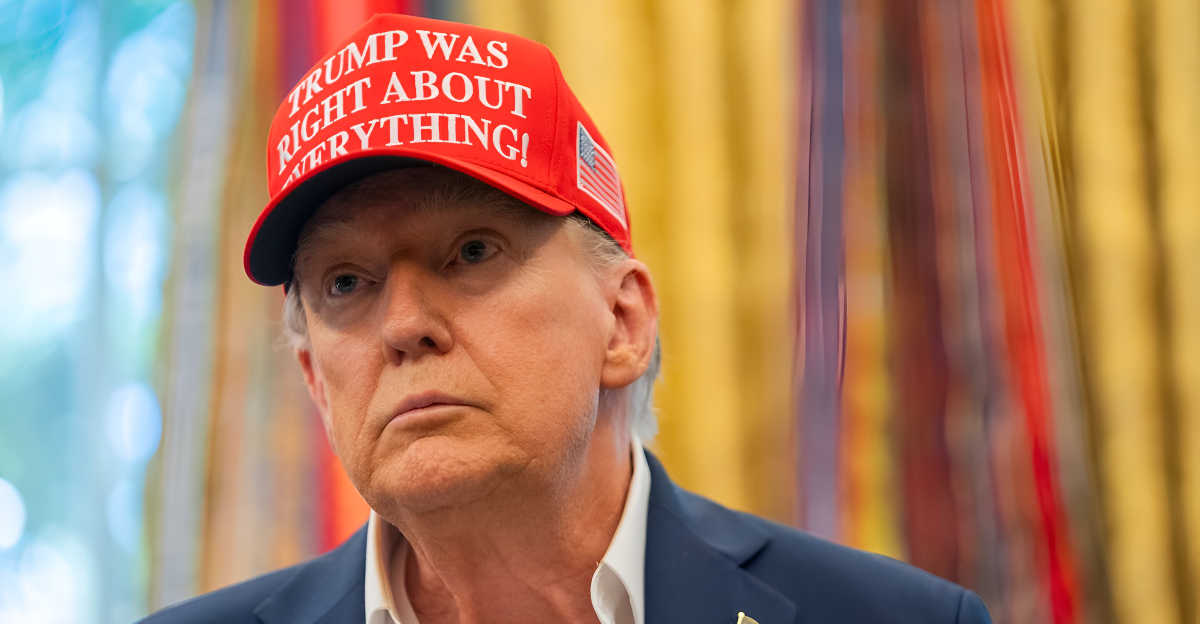
America faces a watershed moment as key conservative figures break ranks over Donald Trump’s bold new economic direction.
According to BBC News, Trump announced a historic US government investment in Intel, marking a sharp turn toward public sector influence in industry.
Economist Bill George of Harvard describes it as “a monumental shift… I’ve never witnessed an era like this.”
Rift in the Ranks
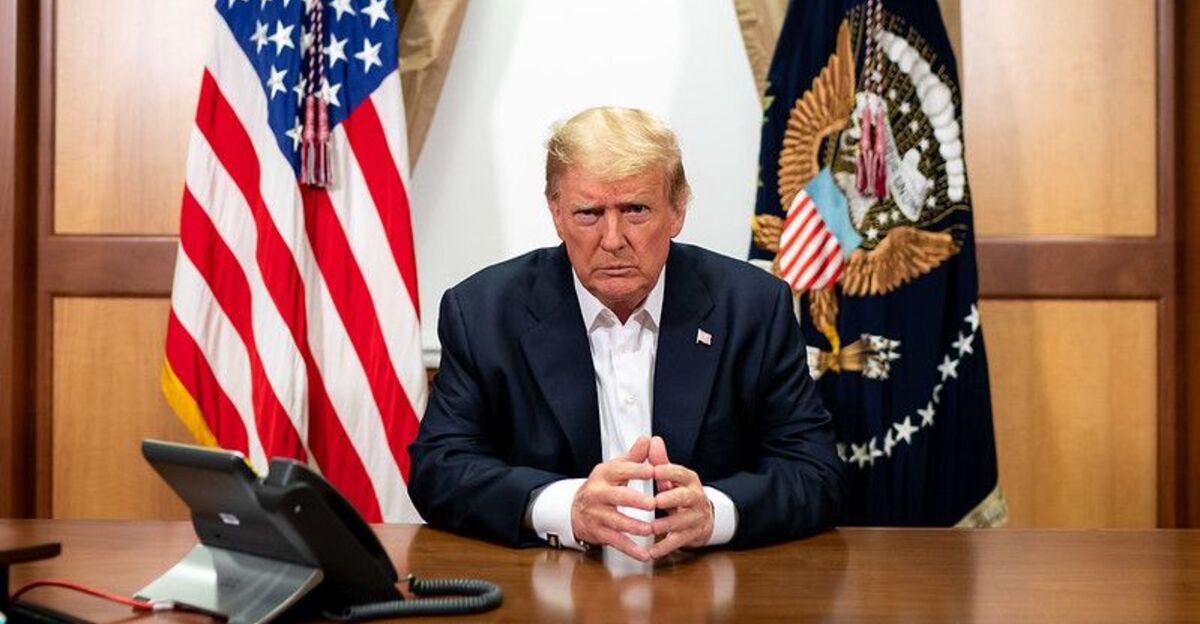
The GOP, long unified in principle, now finds itself split over the scale of government intervention. As BBC News reports, President Trump’s decision to acquire a nearly 10% stake in Intel has spurred criticism even within his own party.
Heritage Foundation economist Richard Stern notes, “Government equity stake injects politics into corporate strategy.”
Ideals vs. Reality
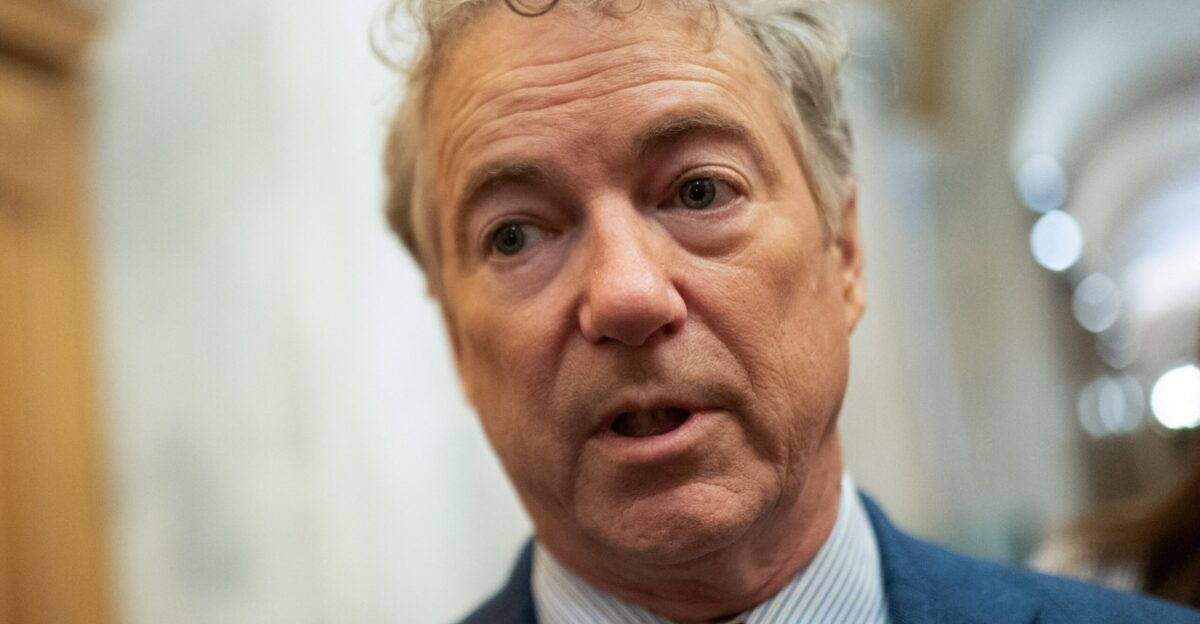
Conservatism has traditionally championed free-market solutions. This belief is now being tested as federal investments disrupt core policy assumptions, says The Hill.
Senator Rand Paul warns, “Isn’t government ownership of production a hallmark of socialism?” Such statements highlight dissonance between party history and present realities.
Signs of Pressure
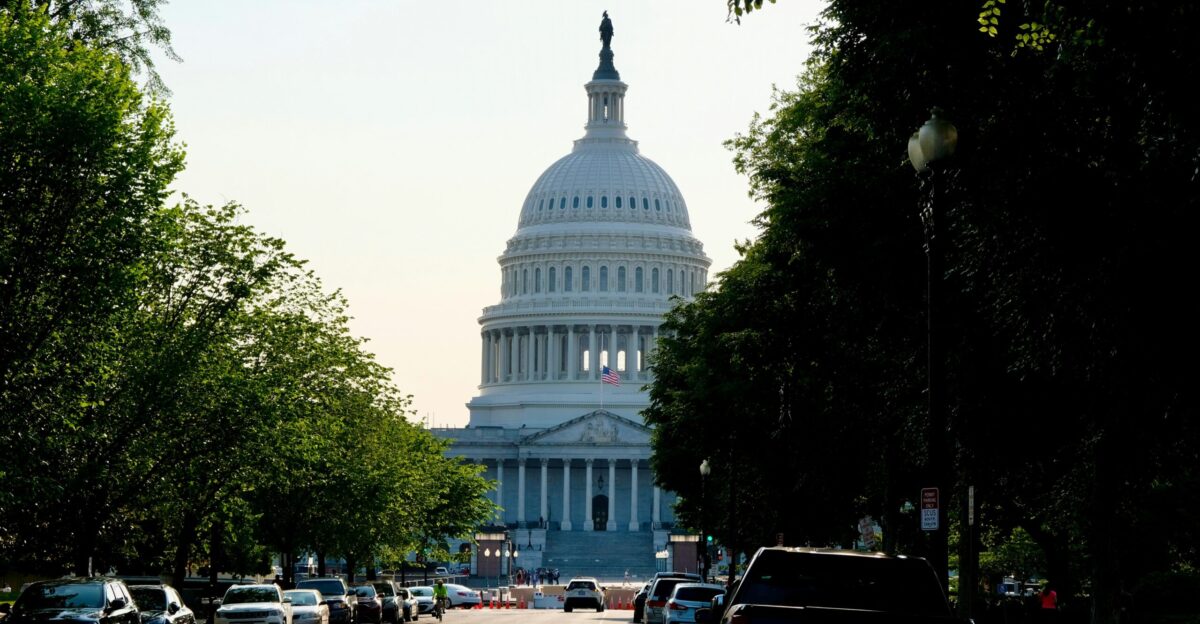
Growing discomfort is evident among lawmakers whose states depend on manufacturing. Pennsylvania’s congressional delegation has voiced fears that even beneficial investments may overflow into political favoritism.
“There’s a risk innovation loses out to politics,” says Stern of Heritage Foundation, emphasizing wider implications for American technology.
The Intel Stake
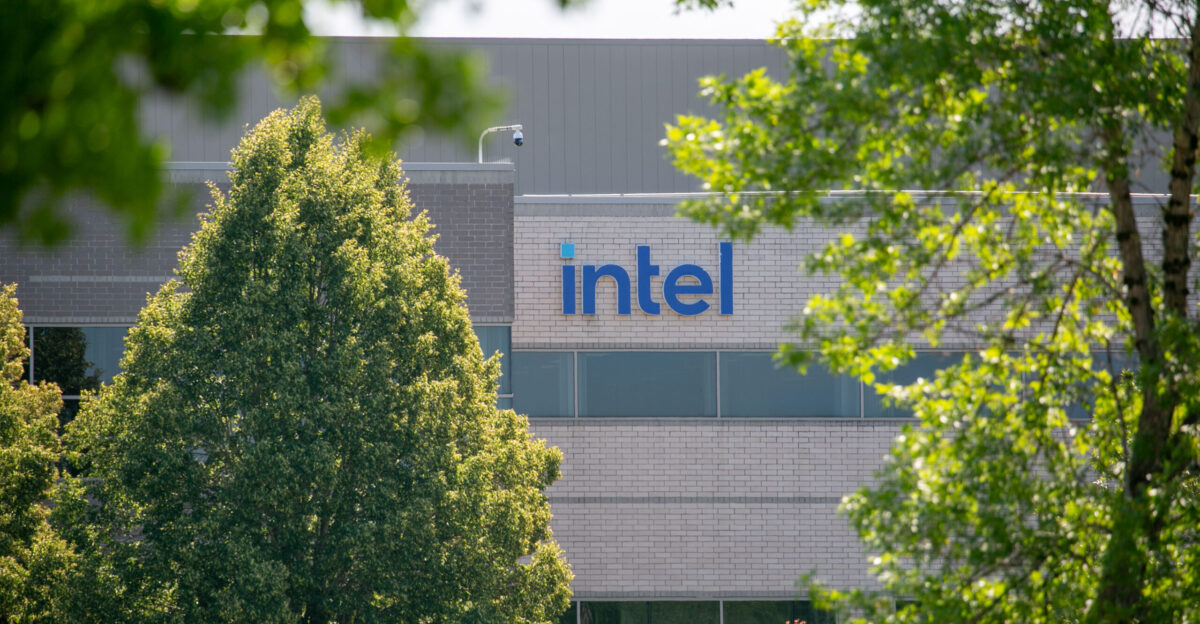
The game-changing moment arrived August 22, when US Commerce Secretary Howard Lutnick unveiled a 10% government stake in Intel, converting $8.9 billion in grants into shares.
Intel CEO Lip-Bu Tan supported the move’s benefits for US leadership in advanced manufacturing, calling it “integral to the country’s economic and national security.”
Manufacturing Ripple
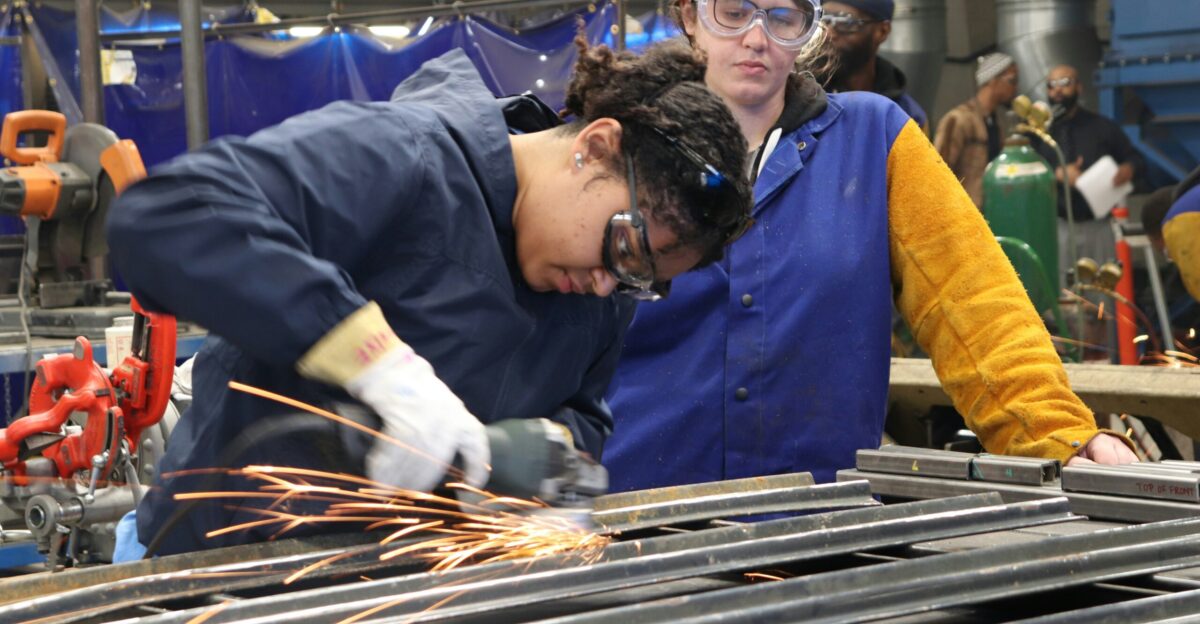
This federal investment reverberated nationwide. Midwest states, in particular, now see new opportunities for job growth, but worry about increased oversight.
According to Reuters, labor unions and business leaders say the change could “transform regional industry” by shifting hiring and job priorities in critical sectors.
Concerns
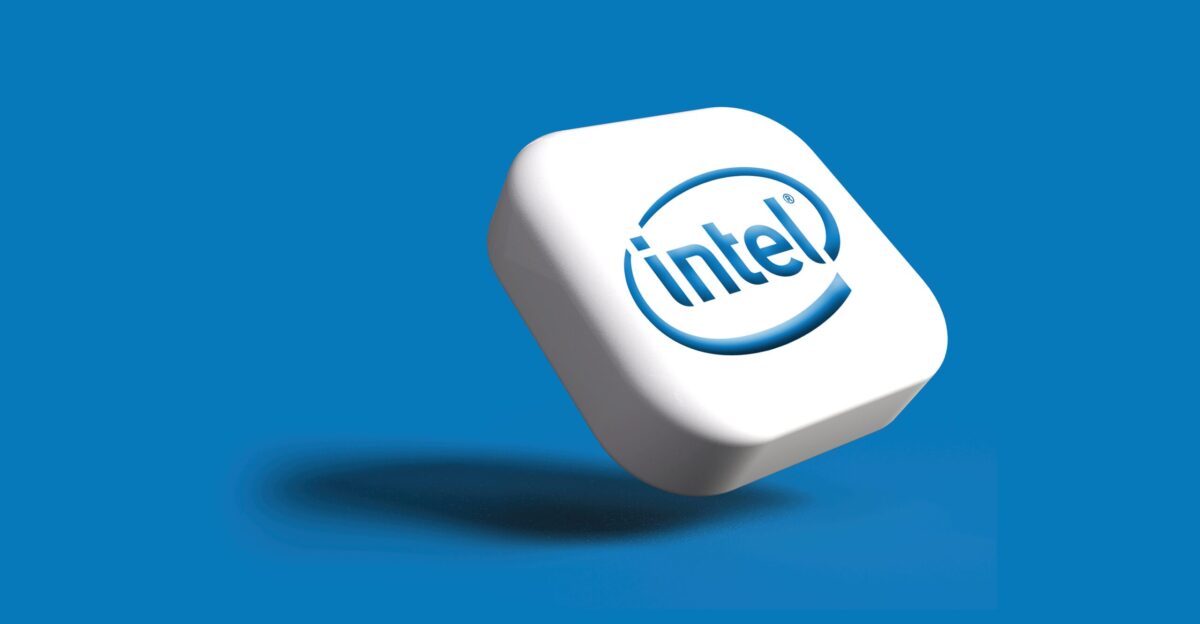
Critics are raising alarms about the broader impact. Senator Rand Paul declares, “This is a step toward socialism,” referencing government ownership and control.
Meanwhile, Intel worker James Ritch, quoted by Reuters, expresses concern: “It sets a bad precedent if the president can simply take 10% of a company.”
Market Uncertainties
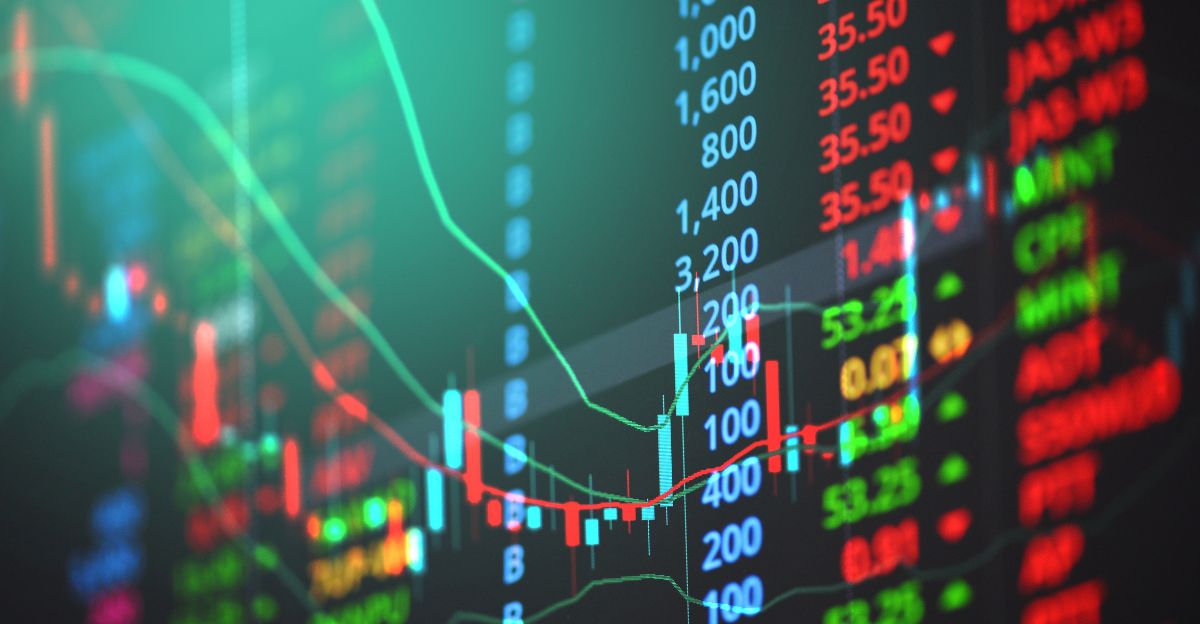
Industry leaders fret over strategic changes. Former Medtronic CEO Bill George, now at Harvard, summarizes: “We’re transitioning from a purely capitalist economy to one significantly more state-involved.”
Corporate boards and investors now weigh long-term growth against regulatory complexities. Stocks respond with volatility after every major announcement.
Policy Shifts
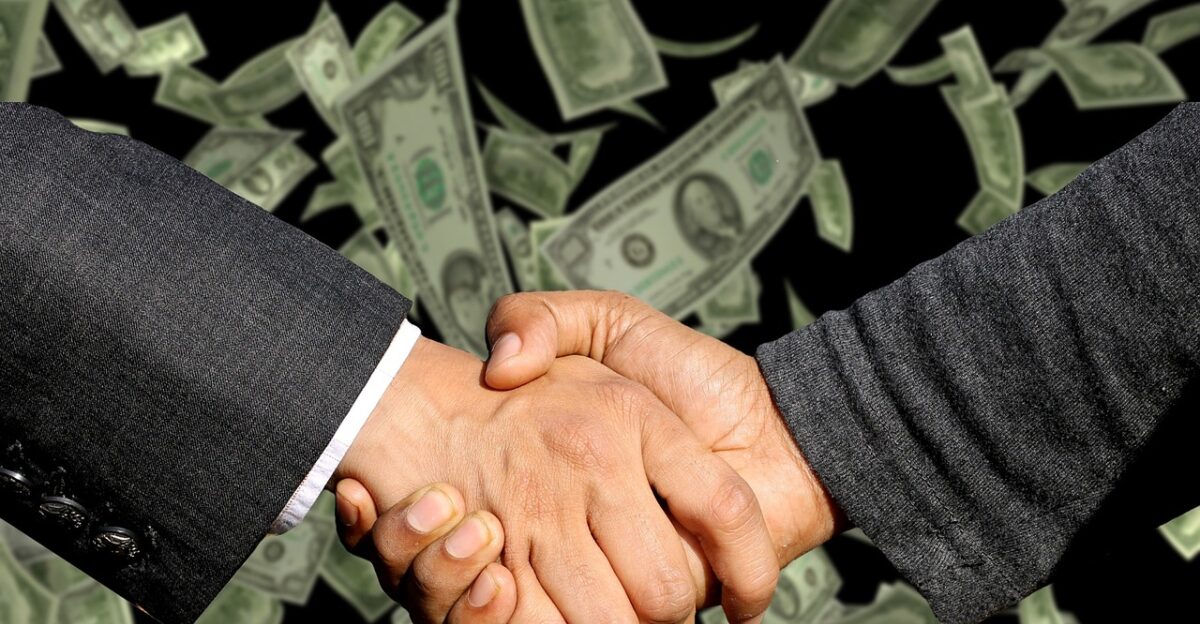
The corporate-government partnership marks a major policy shift. BBC News reports the investment strategy is unprecedented outside of crises like the 2008 bailout.
Publicly, Trump defends these actions as good for American competitiveness, but analysts warn they risk “corruption and inefficiencies” at the core of capitalism.
The Golden Share
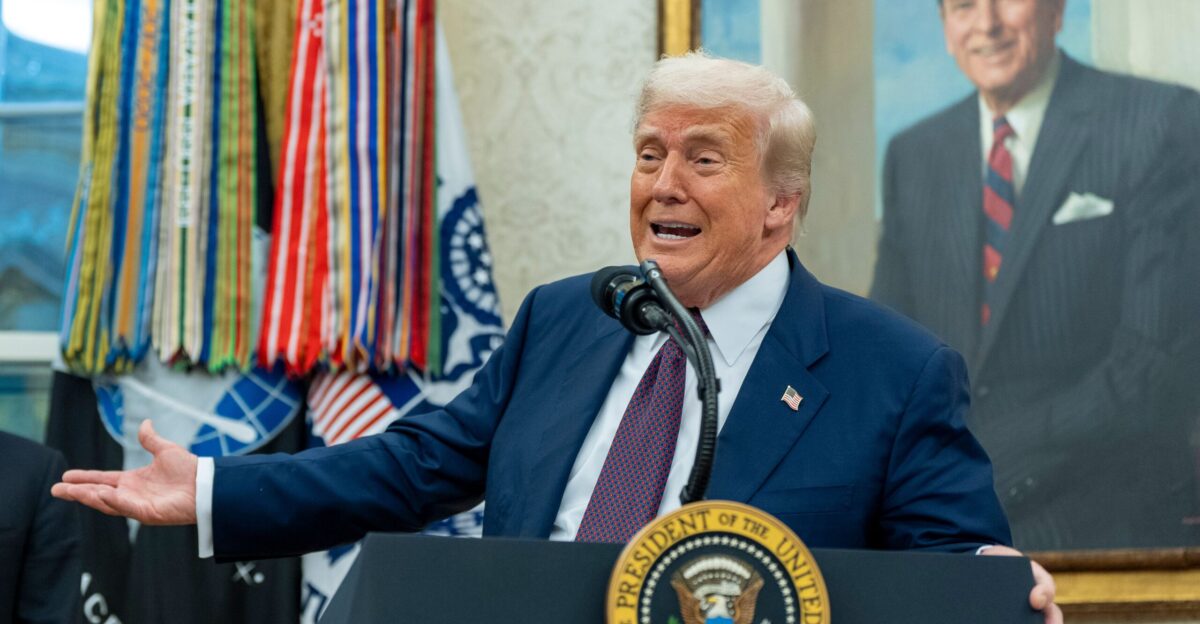
A related shift comes from the surprising “golden share” in US Steel, granted as part of its merger with Japan’s Nippon Steel.
BBC News confirms the arrangement gives the US government veto power over layoffs, relocations, and factory closures—reinforcing Washington’s growing role as economic gatekeeper.
Internal Discord
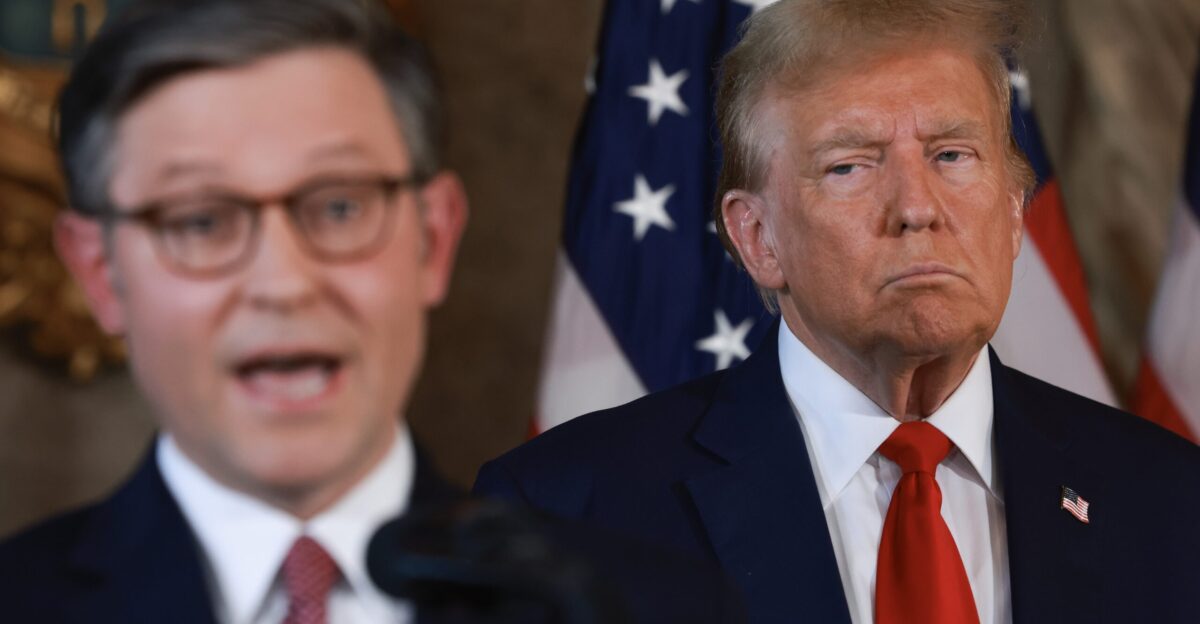
Congressional Republicans are divided, seen in heated debates over Trump’s sweeping tax and spending bill.
BBC interviews show House Freedom Caucus members resisting higher deficit spending and government intervention. “It’s a starter to a travesty,” one said, as Vice President Vance broke a Senate tie.
Shifts in Leadership
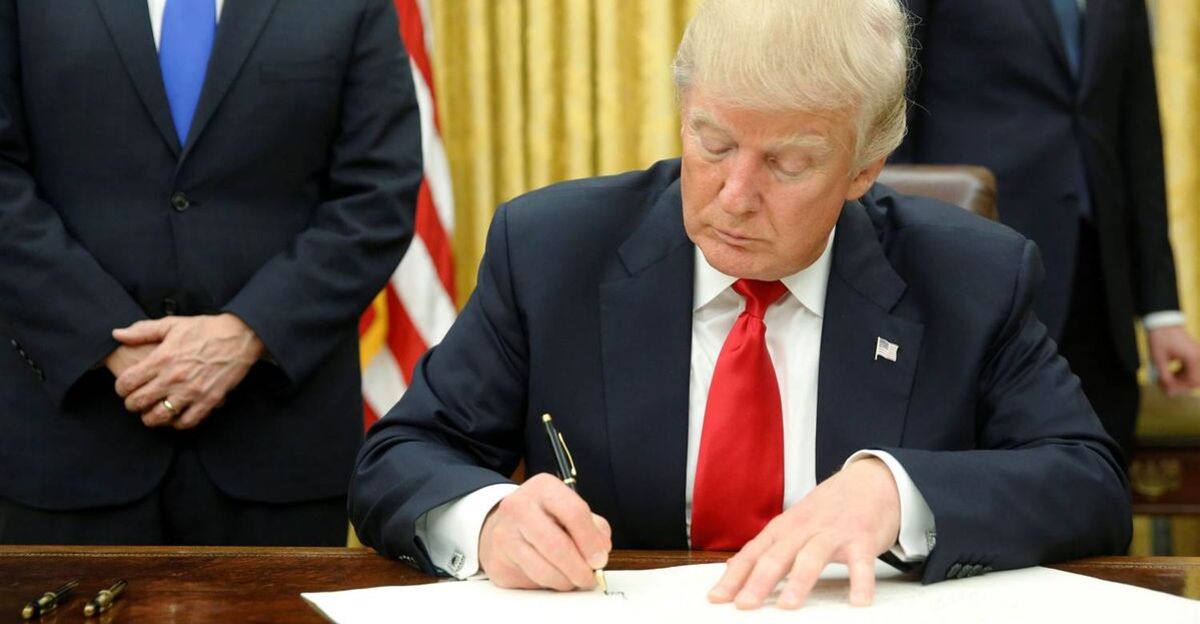
Trump’s administration has restructured, placing advocates of intervention at key posts. Commerce Secretary Lutnick and Heritage Foundation economists now drive strategy, upending Washington’s old “hands-off” approach. NPR lists major personnel changes highlighting a nationwide move to “equity-oriented” policy controls.
Comeback Arguments
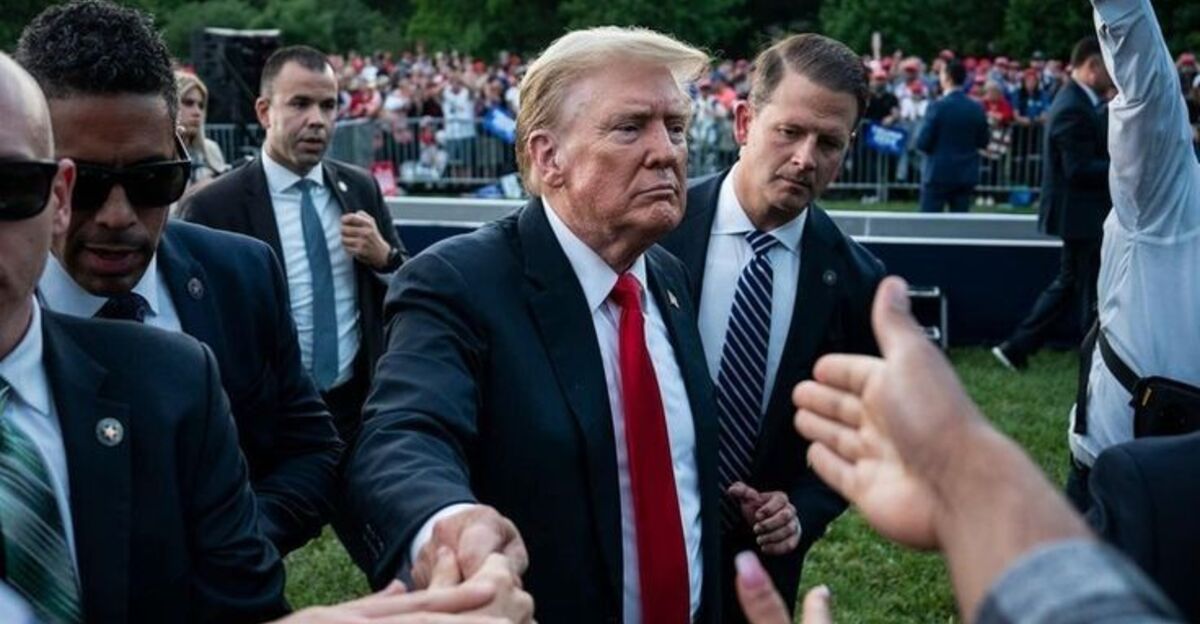
Trump defends his approach as essential for US national security. In statements to Congress, he argues that government stakes keep industries resilient and competitive.
Bipartisan voices including Bernie Sanders support certain ownership models, emphasizing “taxpayer returns” as public goods worth pursuing.
Skeptics Respond
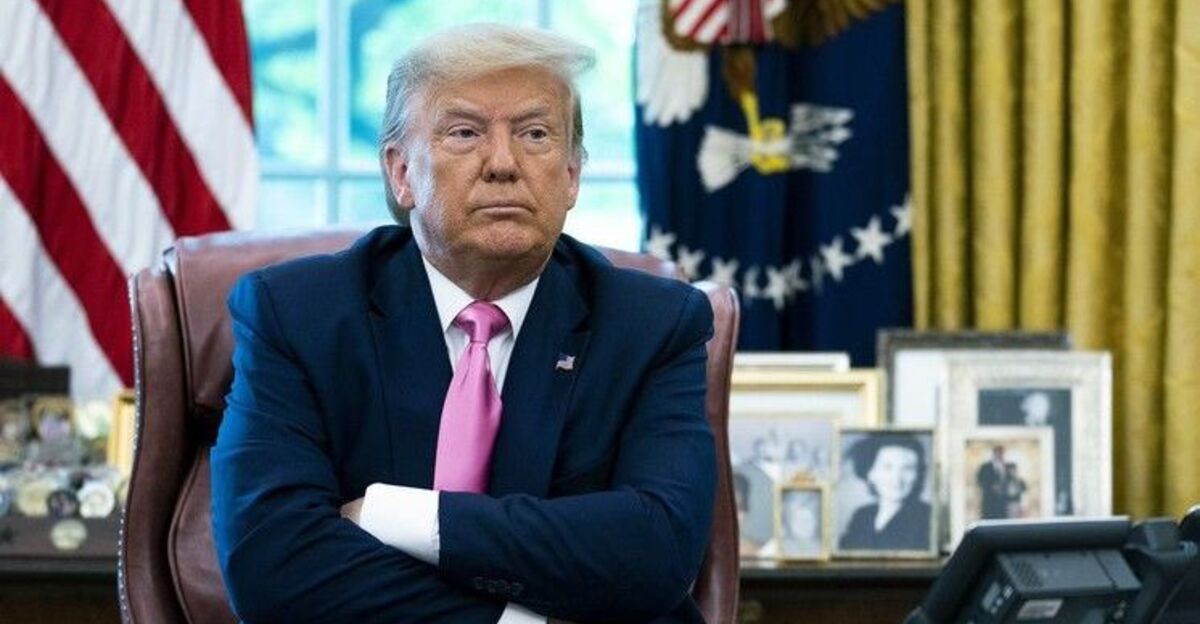
Economists caution that the new model may hinder innovation. Daniel J. Smith at Cato Institute contends, “This trajectory risks leading down the road to socialism.”
Industry observers, quoted by BBC, warn of reduced private enterprise flexibility and challenges in remaining globally competitive.
Future Questions
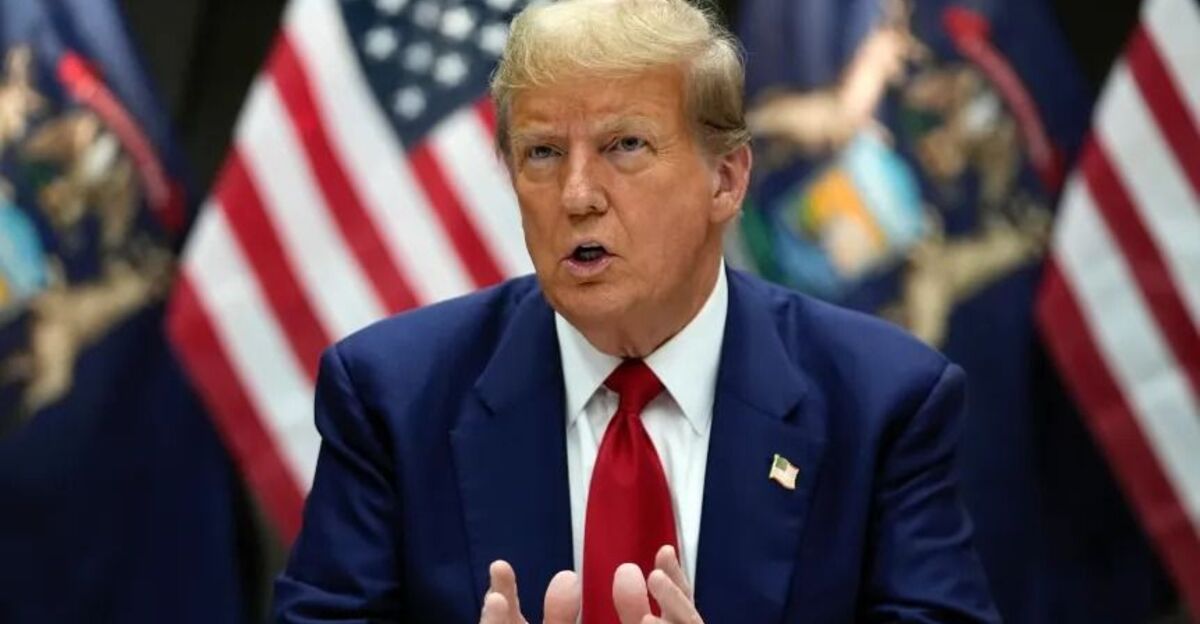
As Trump seeks more such deals, the business community watches closely. “Will politics drive future corporate decisions?” asks Reuters.
Markets fluctuate, and investors hold their breath as government expands its footprint in chips, steel, and beyond, raising wide debate about what comes next.
A Widening Split

The party’s split is widening, with populist and free-market factions locked in ideological battle. Dissent Magazine notes that Heritage Foundation’s growing influence remakes GOP priorities, aligning more closely with interventionist policies. Internal disputes are reshaping long-held notions of economic orthodoxy.
Global Impact
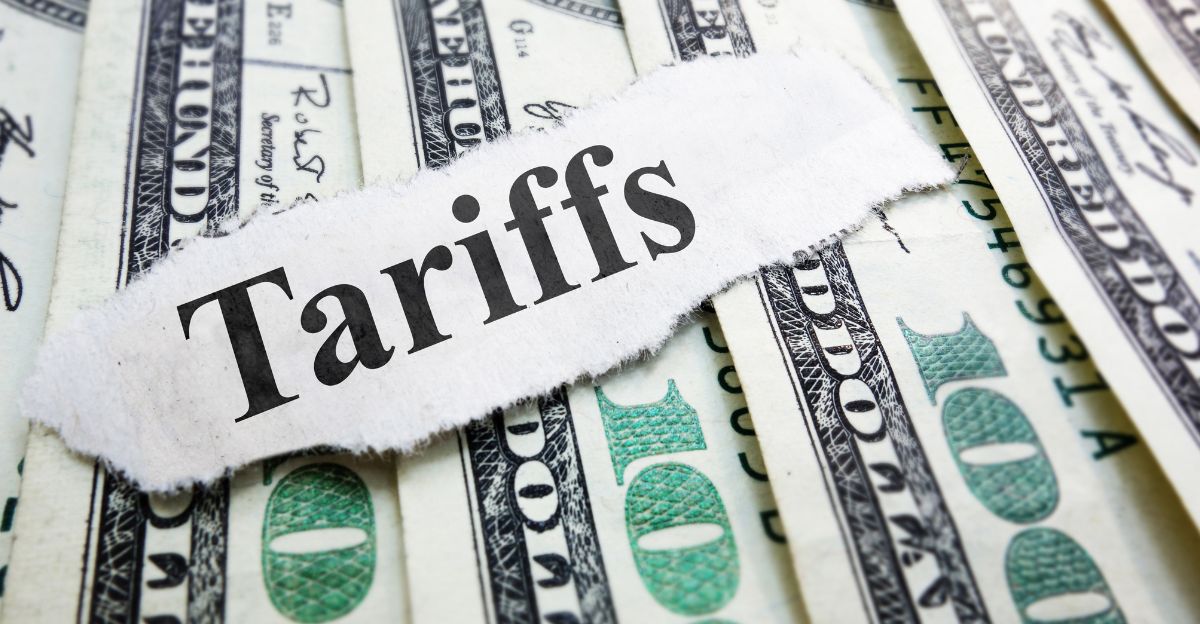
International partners and rivals react to the new US industrial policy. BBC News highlights reprisals from China and Europe, who boost local industries and impose new trade barriers.
Supply lines shift rapidly as American manufacturing adjusts to a landscape dominated by tariffs and public stakes.
Legal Considerations
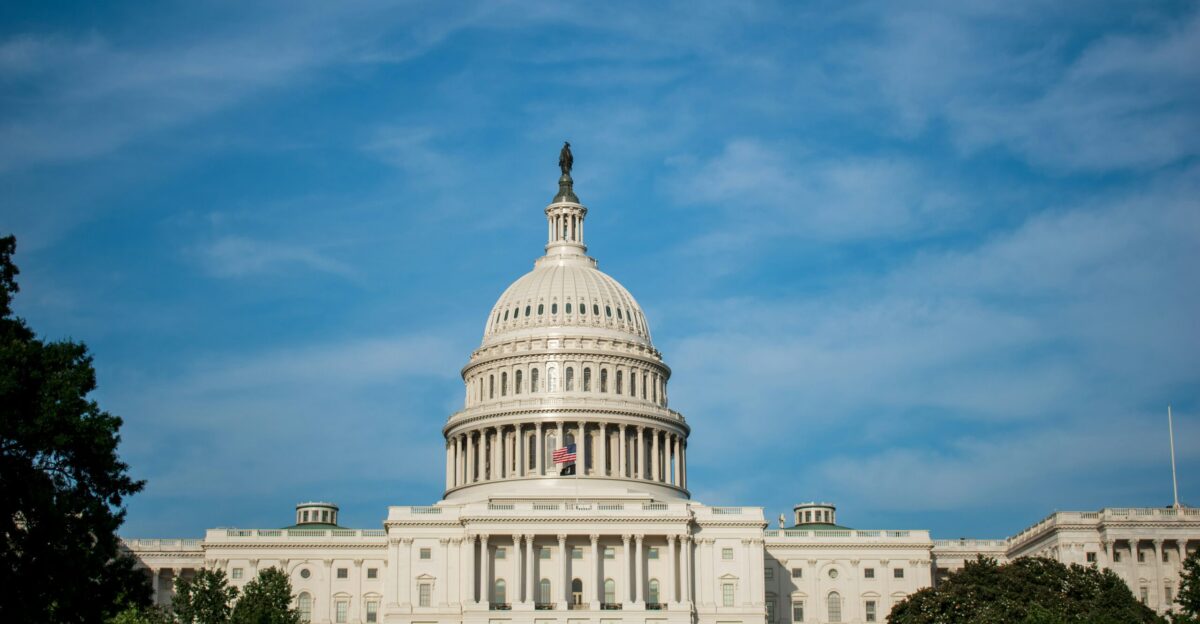
Legal scholars debate the regulatory complexities of direct government investment. Lawfare Institute explains issues surrounding equity versus grants, board representation, and national security.
Business groups and lawmakers initiate lawsuits challenging federal overreach, setting stage for protracted courtroom battles.
Divided Opinions
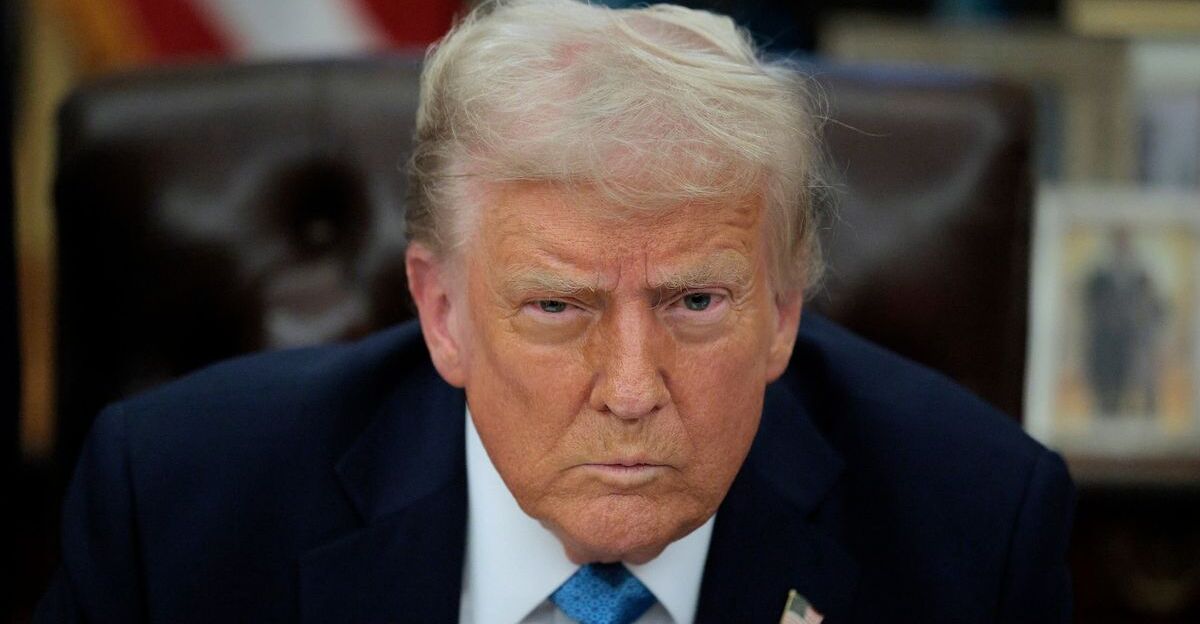
Public opinion remains divided. While some embrace Washington’s larger role in industry, others worry it undermines innovation and small business.
BBC News polls reveal sharp generational splits, with younger Americans often supporting government action on climate technology and older voters favoring restraint.
Broad Reflection
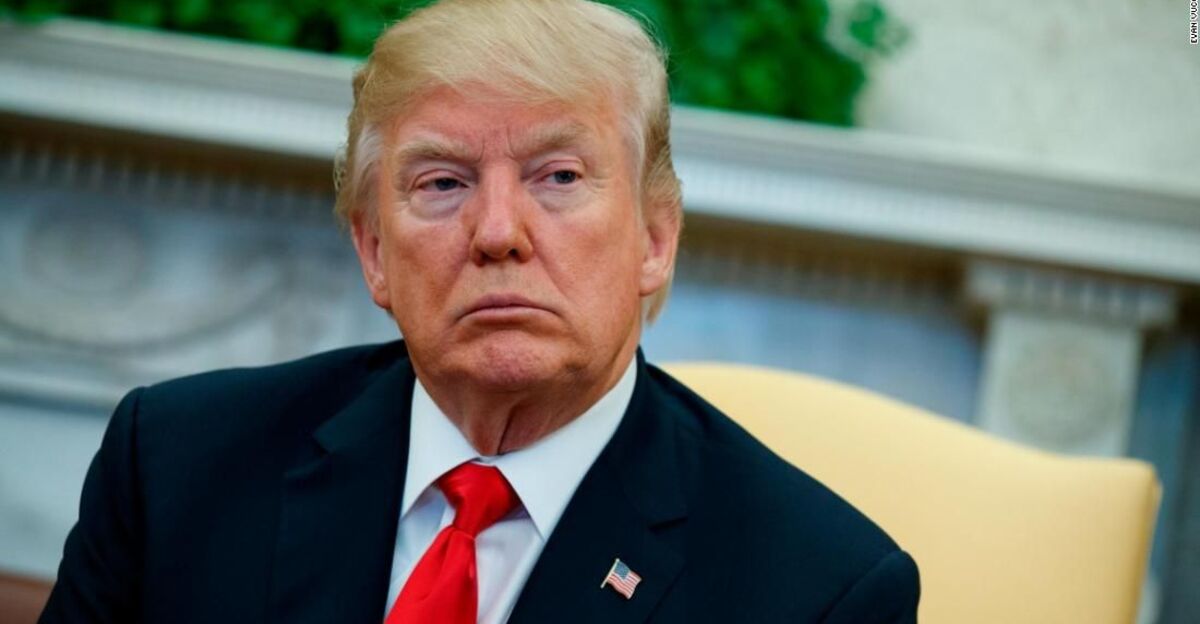
The revolt against Trump’s agenda signals a lasting transformation for both US policy and party politics. As intervention replaces orthodoxy, the debate deepens over what it means to be conservative, capitalist, or socialist in the modern era. The outcome will define America’s economic story for decades.